Retirement is a time to enjoy the rewards of a lifetime of hard work, but it also requires careful financial planning especially as tax laws evolve. The proposed One Big Beautiful Bill Act (OBBBA) is one of the most significant pieces of tax legislation in recent years, and it’s poised to bring sweeping changes that could directly impact seniors and retirees. Understanding these changes is essential for protecting your nest egg, maximizing your income, and ensuring your legacy.
Below, we break down the key tax changes under the OBBBA, explain what they mean for you as a senior and offer practical steps to help you prepare.
1. Changes to Retirement Account Distributions
The OBBBA proposes updates to the rules for Required Minimum Distributions (RMDs) from retirement accounts like IRAs and 401(k)s. Currently, most retirees must begin taking RMDs at age 73 (as of 2023, due to the SECURE 2.0 Act). The OBBBA may further increase the RMD starting age to 75, giving retirees more time to let their investments grow tax-deferred. The bill may also adjust how RMDs are calculated, potentially offering more flexibility in withdrawal schedules.
Why It Matters:
- Penalty Avoidance: Missing an RMD can result in a penalty of up to 25% of the amount not withdrawn. Understanding new rules is crucial to avoid costly mistakes.
- Tax Planning: Delaying RMDs can help you manage your taxable income, especially if you’re not yet drawing Social Security or have other sources of income.
- Investment Growth: More years of tax-deferred growth can make a significant difference in your retirement savings, especially if you don’t need to tap into your accounts right away.
What You Should Do:
- Review your retirement account statements and withdrawal schedules.
- Consult with a financial advisor to ensure you’re meeting new RMD requirements and optimizing your withdrawal strategy.
- Consider Roth conversions if you want to reduce future RMDs, as Roth IRAs are not subject to RMDs during the account holder’s lifetime.
2. Tax Rate Adjustments for Retirees
The OBBBA may introduce new tax brackets or adjust existing ones, particularly for higher-income retirees. This could mean that some retirees will see their Social Security benefits, pension income, or investment withdrawals taxed at higher rates. The bill may also adjust the thresholds at which Social Security benefits become taxable.
Why It Matters:
- Impact on Fixed Incomes: Even a small increase in tax rates can significantly affect retirees who rely on predictable income streams.
- Social Security Taxation: Currently, up to 85% of Social Security benefits can be taxable, depending on your income. Higher tax brackets could mean more of your benefits are taxed.
- Investment Planning: Changes in tax brackets may influence when and how you withdraw funds from taxable and tax-deferred accounts.
What You Should Do:
- Analyze your projected income for the coming years, including Social Security, pensions, and investment withdrawals.
- Consider strategies such as Roth conversions, tax-loss harvesting, or adjusting withdrawal sources to minimize your tax liability.
- Work with a tax professional to understand how the new brackets may affect your overall tax picture.
3. Expansion of Tax Credits for Seniors
The OBBBA includes provisions to expand tax credits aimed at seniors and low-income individuals. This may involve increasing the Credit for the Elderly or Disabled, enhancing the Earned Income Tax Credit (EITC) for older workers, or introducing new credits for caregiving or medical expenses. The bill may also expand credits for energy-efficient home improvements, which can benefit seniors looking to age in place.
Why It Matters:
- Direct Savings: Expanded credits can directly reduce your tax bill, putting more money back in your pocket.
- Support for Caregivers: New credits may help offset the costs of in-home care or assisted living, which are common concerns for aging Americans.
- Eligibility Awareness: Many seniors miss out on credits simply because they are unaware of them or unsure how to claim them.
What You Should Do:
- Review your eligibility for all available credits each tax year, including the Credit for the Elderly or Disabled and any new credits introduced by the OBBBA.
- Keep records of medical expenses, home improvements, and caregiving costs, as these may qualify for new or expanded credits.
- Work with a tax professional to ensure you’re claiming every credit you qualify for.
4. Health Care Benefits and Tax Implications
The OBBBA may adjust the tax treatment of health care benefits, including Medicare premiums, long-term care insurance, and out-of-pocket medical expenses. There could be changes to the thresholds for deducting medical expenses (currently, you can deduct unreimbursed medical expenses that exceed 7.5% of your adjusted gross income), or new incentives for purchasing long-term care insurance.
Why It Matters:
- Deductibility: Lowering the threshold for medical expense deductions could allow more seniors to claim these costs on their tax returns.
- Medicare Premiums: Changes in how premiums are taxed or subsidized could affect your net retirement income.
- Long-Term Care: New tax incentives may make it more affordable to plan for future health care needs, which is a growing concern as people live longer.
What You Should Do:
- Keep detailed records of all medical expenses, including premiums, prescriptions, and long-term care costs.
- Explore long-term care insurance options and understand their tax implications.
- Review your Medicare plan annually to ensure you’re maximizing benefits and minimizing out-of-pocket costs.
5. Impact on Estate and Gift Taxes
The OBBBA may propose adjustments to estate and gift tax exemptions, potentially lowering the amount you can pass on tax-free to heirs or changing the rules for gifting assets during your lifetime. As of 2024, the federal estate tax exemption is $13.61 million per individual, but the OBBBA could reduce this threshold, making more estates subject to federal tax.
Why It Matters:
- Legacy Planning: Lower exemptions could mean more of your estate is subject to federal taxes, reducing what you leave to loved ones.
- Gifting Strategies: Changes may affect how and when you transfer assets to family members or charities.
- Trust Planning: New rules may require updates to existing trusts or estate plans to ensure your wishes are carried out efficiently.
What You Should Do:
- Review your estate plan with a qualified attorney or financial planner.
- Consider making gifts or updating your will and trusts in light of new exemption limits.
- Stay informed about state-level estate taxes, which may also be affected by federal changes.
Why These Changes Matter for Retirees and Seniors
For retirees, every dollar counts. The OBBBA’s proposed changes could affect how much you keep from your retirement savings, how you plan for health care, and what you leave behind for your family. Staying informed and proactive is the best way to protect your financial well-being.
Planning for the Future
As these tax changes unfold, it’s essential to consult with a tax professional or financial advisor who understands the OBBBA’s implications. They can help you:
- Adjust your withdrawal strategies
- Maximize available credits and deductions
- Plan for health care and estate needs
- Ensure compliance with new tax laws
Practical Steps:
- Schedule an annual review of your retirement and estate plans.
- Stay updated on OBBBA developments through trusted news sources or your financial advisor.
- Don’t hesitate to ask questions, tax law is complex, and professional guidance is invaluable.
FINALLY;
The One Big Beautiful Bill Act represents a major shift in tax policy for seniors and retirees. By understanding the proposed changes and working with trusted advisors, you can make informed decisions that secure your financial future. Stay tuned for more in-depth articles on how the OBBBA will affect different aspects of retirement planning, and take steps now to ensure you’re ready for whatever comes next.
Remember: The best way to protect your retirement is to stay informed, plan ahead, and seek professional advice tailored to your unique situation.
Consult with Local Outsourced Accounting today to help you navigate these changes and optimize your financial future.


